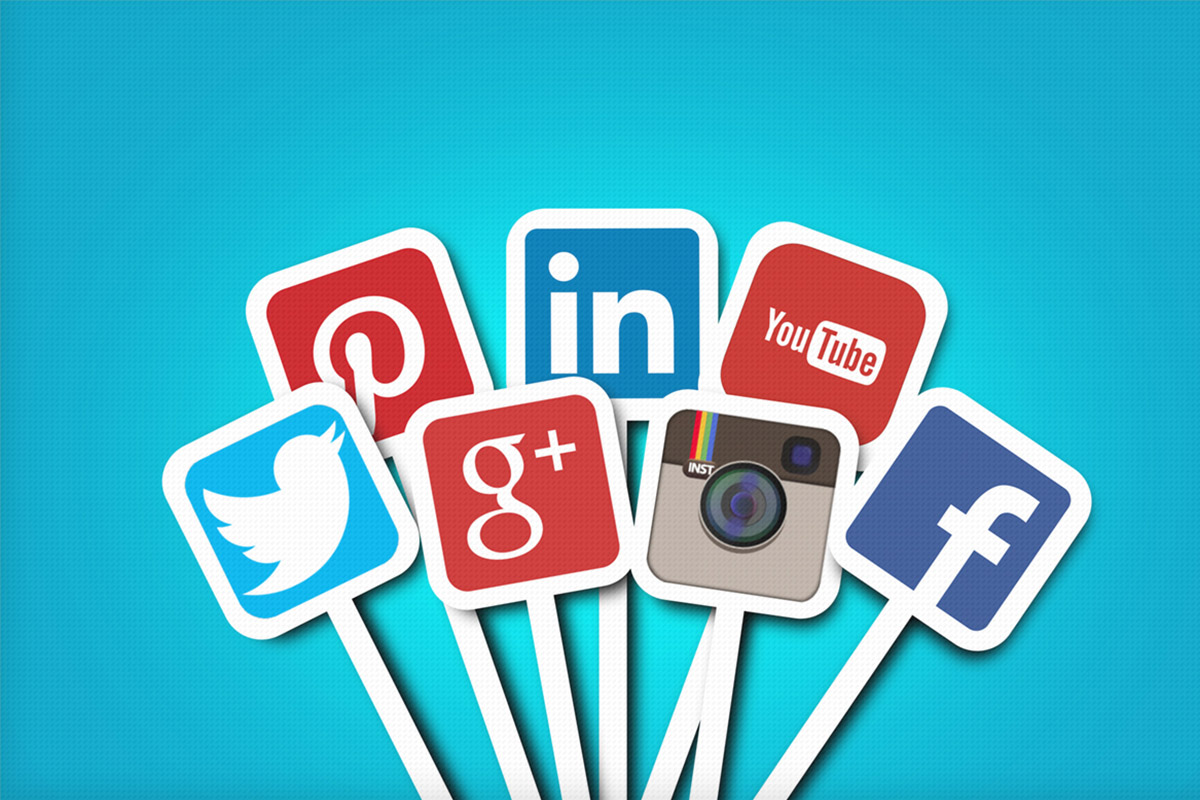In 2010, while Mark Zuckerberg had just launched Facebook, users have massively subscribed to this new platform leaving behind Hi5, Myspace and other sites that allowed millions of people to get in touch.
With time, the new social network grows and quickly reaches more than three billion members worldwide. Thanks to its large community, the blue brand has quickly become an essential tool for communication at both corporate and private levels; to get in touch with others or popularize your company / service, you have to go through Facebook. The must of digital communication.
But, a few years later, with the rise of new social networks such as SnapChat, Instagram or TikTok, things have changed. Users are no longer subject to a single offer. There are now several options with various features.
In 2015, Facebook already had more than one billion active users per month against 300 million for Instagram, 600 million for Whatsapp and 100 million for Snapchat.
See the full report below:
A few years later, the number of users has doubled for almost all social networks except Google + which was finally abandoned by Google a few months ago (note: March 2019).
This new trend in social media, while generally positive, reveals several changes in the notoriety of these networks.
According to the latest social media surveys and reports in 2018, it has been noted that people are spending less and less time on Facebook in favor of Whatsapp, Snapchat and Instagram. Despite its popularity, Facebook is increasingly neglected especially by younger people who now prefer Instagram and SnapChat.
As you can see in the table below, SnapChat has more than 70% of users aged between 18 and 34, compared to less than 40% on Facebook who has an older audience, 70% of these users are between 35 and 65 years.
Given these statistics, we can note the withdrawal of young people on Facebook in favor of SnapChat. Obviously, this would be due to the many features "young" offered by SnapChat (filter on photos and others) but also to the contents on Facebook.
Unlike other networks based more and more on high quality media content (video and image) with few external links. Facebook has become a hub of various content leading very often to false information.
In his article, "7 Reasons Why Quitting Facebook Now Is Good For Your Future," LifeHack's online magazine reveals 7 reasons to leave Facebook. In his analysis, he believes that Facebook, in addition to wasting our time, demotivates us and makes us dependent. According to them, Facebook's marketing strategy is clear: to become our life.
By improving its algorithm day by day to provide us with targeted content, Facebook is making its news feed the "thread of our life".
We spend more time loving and sharing publications than admiring moments in our real life.
This media strategy at the center of our lives, which influences our decisions and our way of seeing things, has left many people, especially the young.
As shown in the table above, young people under 24 have favored SnapChat, and this is certainly an explanation. Unlike other social media, Snapchat lets you share snaps on other platforms. In addition, it allows you to share moments instantly with content that disappears a few seconds later. Unless someone takes a snapshot of your publication, you're sure to never see it again on the newsfeed - here we share only instantaneous moments.
In short, social networks, depending on the type of content they offer, attract Internet users according to their interest and age. While adults are interested in social media such as Twitter, Facebook or LinkedIn based on sports news, political, professional etc, young people focus on image-enhanced media such as Instagram and Snapchat.





